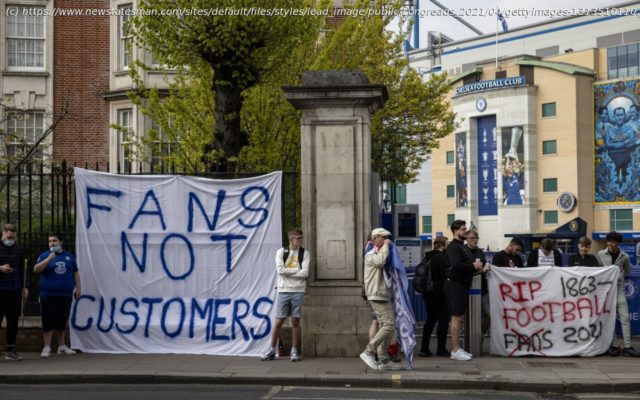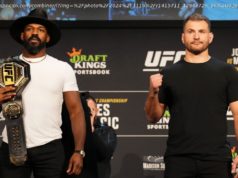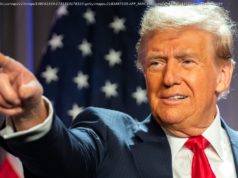Human spirit has triumphed over the brutal logic of the market – now fans must truly take control of their clubs.
You are browsing in private mode. To enjoy all the benefits of our website LOG IN or Create an Account Why would 12 of the richest men in football, executives paid for their supposed prowess in managing global brand names such as Barcelona and Manchester United, screw up so badly? Why did they think the players, the fans, Uefa, Fifa and the national governments of Europe would let them walk away with a £4bn cartel, leaving the eviscerated corpse of ordinary football on the dressing room floor? As the European Super League plan lies in ruins, the answer is clear: capital. There’s too much of it chasing too little real economic value in the world. Football’s finest fools fell for JP Morgan’s gambit for the same reason that Bitcoin’s value has quadrupled, rich people are spending millions on non-existent “digital art”, Lex Greensill proposed to pay the NHS workforce daily, and property speculators have built a glass swimming pool between the roofs of two luxury apartment blocks in London’s poverty-stricken Wandsworth. Capitalism is confined within the oxygen tent of central bank money. The more central banks print money, the cheaper it is to borrow. And yet the real economy, its dynamism flattened after the 2008 crash and its capacity scarred by the Covid-19 pandemic, remains sluggish. So the free money created by governments – and yes, central banks are ultimately part of the state – can only flow upwards. A glance at the leaked details of the Super League proposal should provide a teachable moment about financialised monopoly capitalism. The aim was to create a cartel of clubs that would generate £4bn a year – double the revenue of the current European Champions League. Closing entry to the league was only half of the plan. The other half was to operate a US-style spending and salary cap, effectively forcing individual clubs and players into a semi-feudal relationship with the Super League itself. They would operate the same “capitalist communism” as the National Football League in the US – sharing the revenue more evenly than in a truly competitive competition. Ultimately, I have no doubt that the footballing brands nurtured for more than a century by working-class supporters and players would have ended up as sub-brands of the league itself, as with all the US sporting cartels. Take a look at the Super League’s website (while it’s still up) to see the beginnings of how that would look. What stopped the project was not just the power of fans, but the political zeitgeist. When the Super League bosses planned, in secret, to destroy football as a participatory sport, they will have been told “the fans don’t matter”. The real fans are the TV audiences in South Korea, Japan, the sports bars of the US, the village football dives in rural Nigeria. That’s where the majority of revenue would be generated for a venture such as this. And since money is cheap, all you needed was a big initial investment from JP Morgan, at a guaranteed return of 2-3 per cent, and, bingo,12 men could destroy a sport that’s been created through collective endeavour over decades.
Home
United States
USA — Science The defeat of the European Super League has shown another football is...






